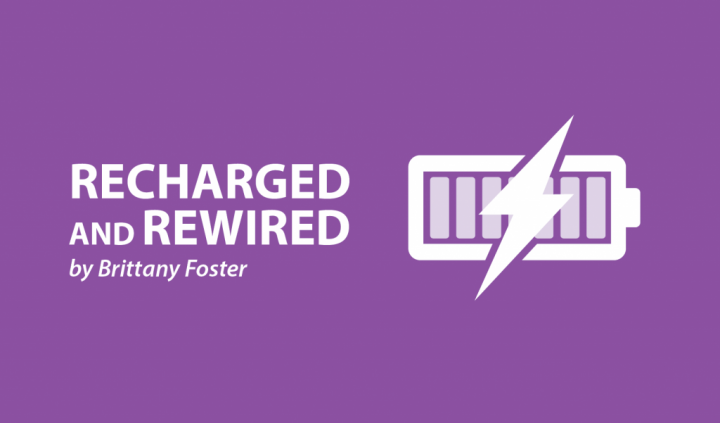Weight Management Is an Ongoing Challenge While Living with PH
Written by |

For the first 18 years of my life, I rarely thought about my weight. I was active, enjoyed playing sports, and had a muscular, athletic build. My body type changed when I was going through many difficult symptoms associated with my pulmonary hypertension (PH) and undiagnosed heart conditions. During my college years, I went from an athletic and muscular shape to a thin and petite build. I had nicknames like “little Britt,” “Britt-teenie,” and “smalls.” As much as I laughed at the nicknames, it pained me to go through such drastic bodily changes in a short amount of time.
Achieving a “healthy” weight has become one of my biggest challenges. I have struggled to maintain my weight for a variety of reasons that are beyond my control. Being in and out of hospitals, consuming minimal amounts of calories by mouth, losing my appetite and hunger cues, and fatigue all have contributed to my difficulties with weight gain.
It seems that when I take a few steps forward, I encounter a setback. I end up at the beginning again, desperately needing to restore my nutritional intake. Many of those with chronic illnesses, including pulmonary hypertension, struggle with frequent hospital admissions. I don’t have an appetite in the hospital because of my pain medications, breathing problems, coughing, and other symptoms. My failure to provide my body with the nutrients it needs affects my physical and mental health.
Ask questions and share your knowledge of Pulmonary Hypertension in our forums.
It’s a struggle to manage my weight when I have been eating just the minimum amount of calories that my body needs. However, weight management and healing involve more than merely counting calories. I need to focus on the nutrients that I am consuming — this includes protein that helps me to recover from frequent surgeries and assists my body with healing. Without these essential nutrients, my body becomes fatigued and distressed. If I am surviving on the bare minimum, I can’t keep my weight within a healthy zone. Staying “underweight” is not sustainable in the long term and will lead to a further decline in my health.
With pulmonary hypertension, I experience severe, daily fatigue. Anything that interferes with my energy levels hinders the healing process. PH symptoms such as fatigue, weakness, appetite loss from medications, and the absence of hunger cues due to nausea and vomiting have inhibited my appetite. I realize that food avoidance will not help my body to heal or my energy levels to increase.
Because of ongoing challenges with gastrointestinal conditions, including gastroparesis, severe reflux, and esophageal dysmotility, I rely on a feeding tube through my intestines for much of my nutritional needs. Though it is hard to accept that I will have this tube for a while, it is comforting to know that I am getting the nutrition that I need. On the days when I feel too tired to eat all of the required calories myself, I have a backup to maintain my weight.
Weight management for PH patients is a struggle. It’s an uphill battle, whether it is weight loss or gain. Chronic illness presents many obstacles to optimum weight. These impediments include being in the hospital, low caloric intake, loss of hunger cues, and fatigue. Having a weight management plan in place for the exceptionally difficult days helps to put my mind and body at ease.
***
Note: Pulmonary Hypertension News is strictly a news and information website about the disease. It does not provide medical advice, diagnosis, or treatment. This content is not intended to be a substitute for professional medical advice, diagnosis, or treatment. Always seek the advice of your physician or other qualified health provider with any questions you may have regarding a medical condition. Never disregard professional medical advice or delay in seeking it because of something you have read on this website. The opinions expressed in this column are not those of Pulmonary Hypertension News or its parent company, Bionews Services, and are intended to spark discussion about issues pertaining to pulmonary hypertension.




Leave a comment
Fill in the required fields to post. Your email address will not be published.